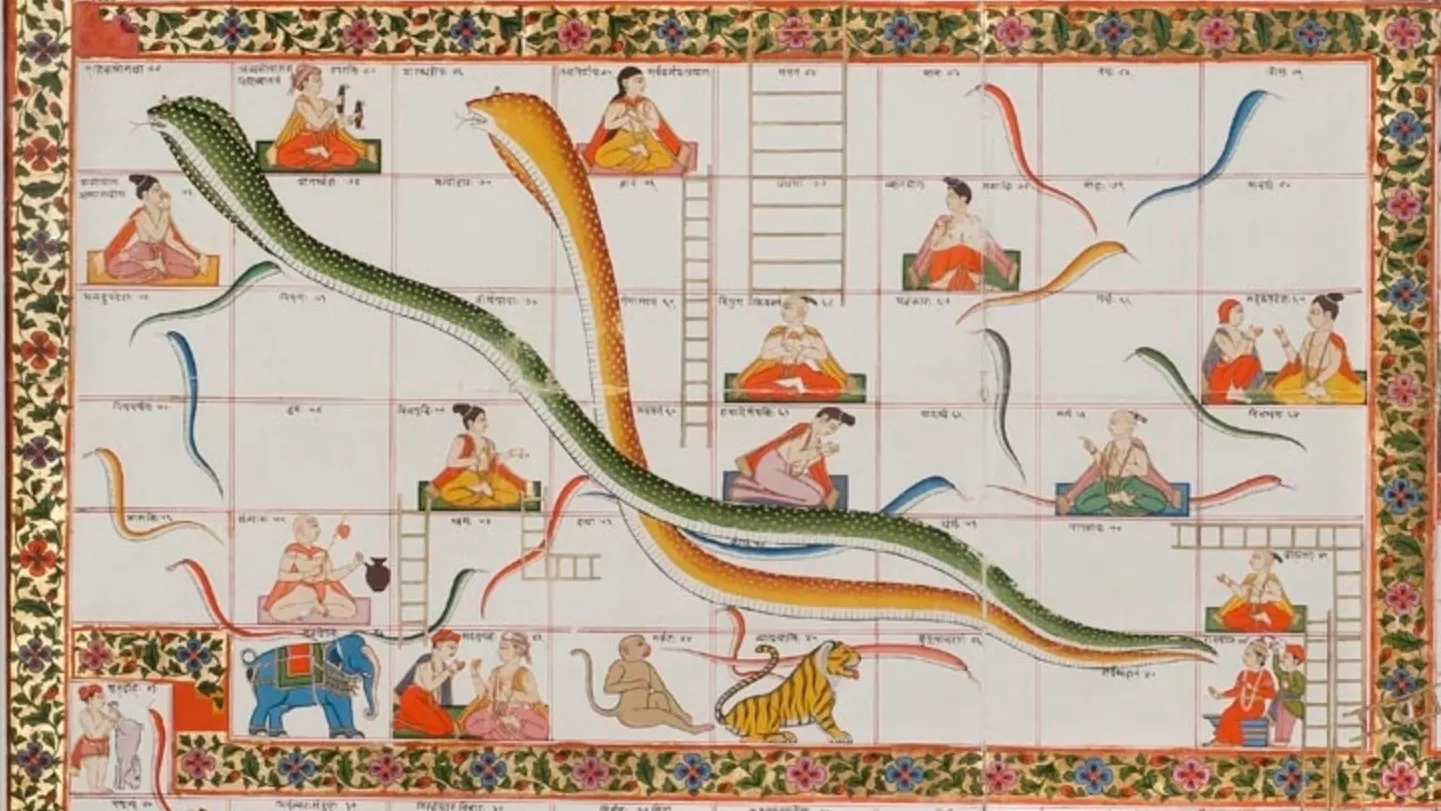“A Rich South and a Poor North”: Southernization and Facilitating Student-Centered Discussions
Discussion of how to facilitate student-centered discussions using Southernization

In yesterday’s post, I discussed why (and when) we could use “lectures” in teaching world history. Although I emphasized that lectures should be limited in length, used sparingly, and only in specific contexts, I imagine some readers questioning my ideas. Despite admitting my love for a good lecture, many lectures are frustrating. We have all sat through a lecture where the speaker seems more in love with their own words rather than engaging the audience. That feeling of frustration probably exists for some of our students, so we also need to include student-centered discussions in our courses.
As with lectures, there’s an art to facilitating discussions. There are many models for setting up student-centered discussions, but I often find them overly prescriptive. By integrating a range of discussion techniques and choosing open-ended historical topics, such as southernization, we can help students engage in stimulating discussions and guide their learning process.
Discussions that are “Just Right”
This content is for Paid Members
Unlock full access to Liberating Narratives and see the entire library of members-only content.
SubscribeAlready have an account? Log in



